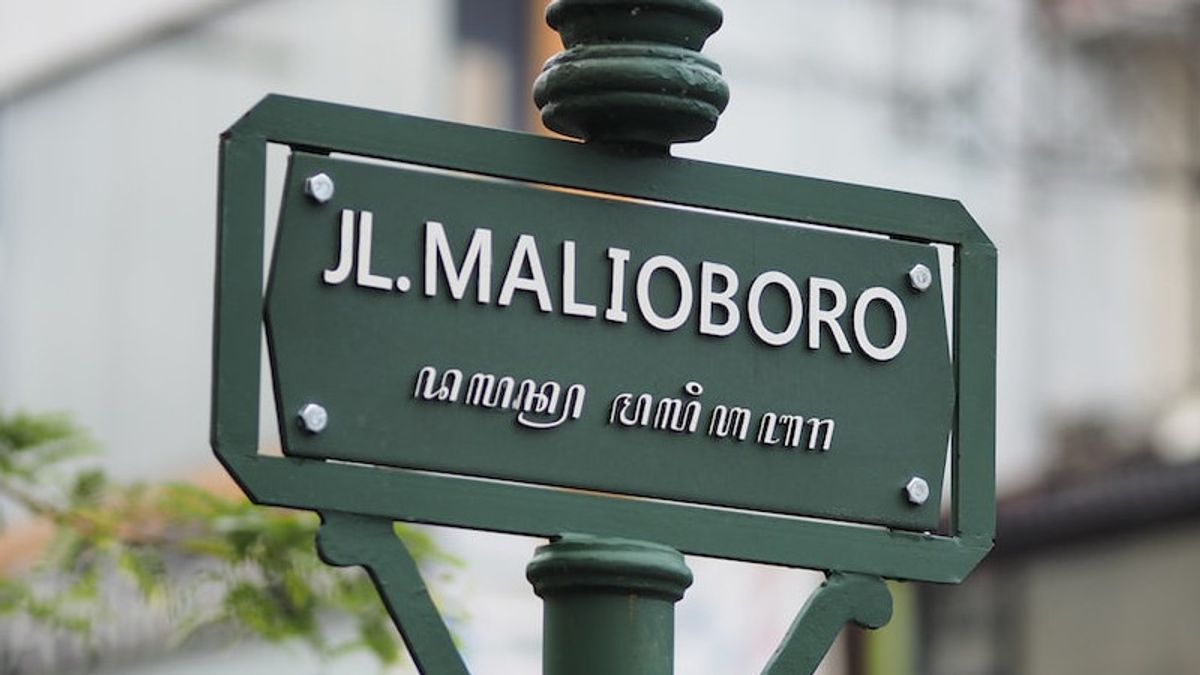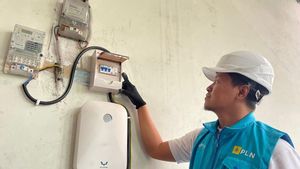JAKARTA - The Yogyakarta City Government is optimistic that it will be able to control the inflation rate until the end of the year even though the inflation rate until the end of September has exceeded the national figure.
“ The year-end long holiday is one of the drivers of rising inflation in the city of Yogyakarta, so it needs to be anticipated early. However, we are optimistic that the inflation rate can be controlled and will not rise any higher, said the Assistant for the Economy and Development of the Yogyakarta City Government, Kadri Renggono in Yogyakarta, quoted from Antara, Tuesday, October 4.
Based on the data, the inflation rate in DIY until the end of September reached 6.81 percent or much higher than national inflation of 5.95 percent.
According to Kadri, the inflation rate in the city of Yogyakarta is almost the same as the inflation rate in DIY because the inflation tally in DIY is based on monitoring data in the city of Yogyakarta, one of which is monitoring the prices of basic necessities carried out in three traditional markets, namely Beringharjo Market, Kranggan, and Demangan.
Although the inflation rate in September was quite high, Kadri said, the figure is projected not to exceed seven percent by the end of the year.
“I think, is still in the range as it is today. It doesn't exceed seven percent because there are some interventions that the government and local governments will intervene to maintain inflation,” he said.
Kadri said that the fairly high increase in inflation in the city of Yogyakarta was influenced by the increase in fuel prices as commodities included in the administrative price group.
<quo;Artinya, harga komoditas tersebut diatur oleh pemerintah sehingga ketika harga naik, maka otomatis akan mempengaruhi inflasi,” katanya.
In addition to distributing direct cash assistance (BLT) by the central government which will be carried out until the end of the year, Kadri said, the local government has also prepared a number of intervention strategies as an effort to control inflation.
One of the budget allocations for interventions comes from general transfer funds that will be used for BLT to the poor who have not received any social assistance from the government, assistance for MSME actors, and labor-intensive activities.
The total budget to be used is around Rp. 3.5 billion which has been included in the 2022 Revised APBD and is currently still in the evaluation process at the DIY Government.
<quo;The effectiveness of distributing social assistance to suppress inflation will not appear directly. But with this assistance, it is hoped that the poor will not be further burdened by rising prices so that they can maintain people's purchasing power,” he said.
If people's purchasing power can be maintained, continued Kadri, then household consumption will continue so that economic growth is maintained. < household consumption is the main supporter of economic growth in Indonesia,” he said.
Meanwhile, Acting Mayor of Yogyakarta Sumadi said the same thing, namely the distribution of social assistance has been included in the Revised APBD and is expected to be realized at the end of October or no later than early November.
The distribution of social assistance is expected to help the community, especially the poor in meeting basic needs.
The English, Chinese, Japanese, Arabic, and French versions are automatically generated by the AI. So there may still be inaccuracies in translating, please always see Indonesian as our main language. (system supported by DigitalSiber.id)
Most Popular Tags
#Prabowo Subianto #New Year #airplane accident #Hasto Kristiyanto #nataru #squid game 2Popular
01 Januari 2025, 00:15
01 Januari 2025, 01:34
31 Desember 2024, 23:15












